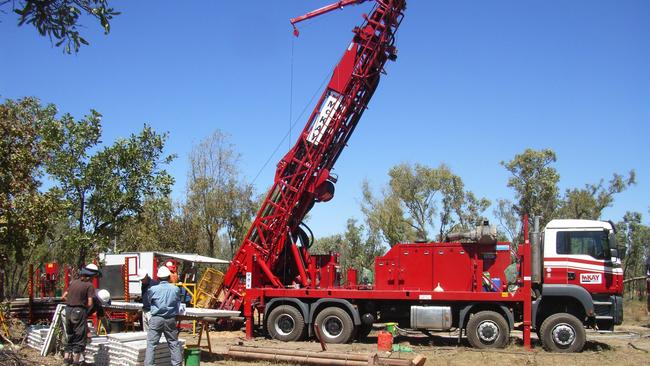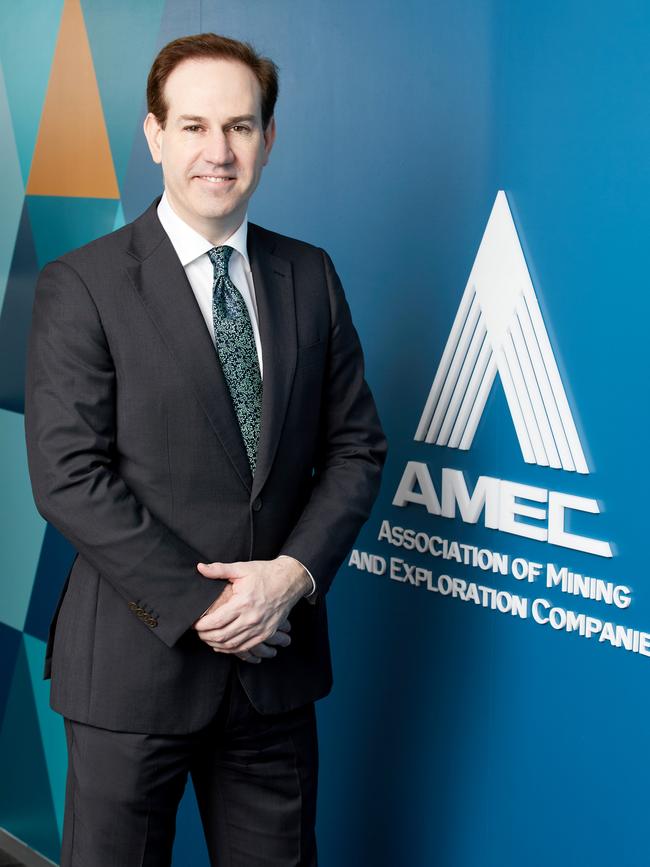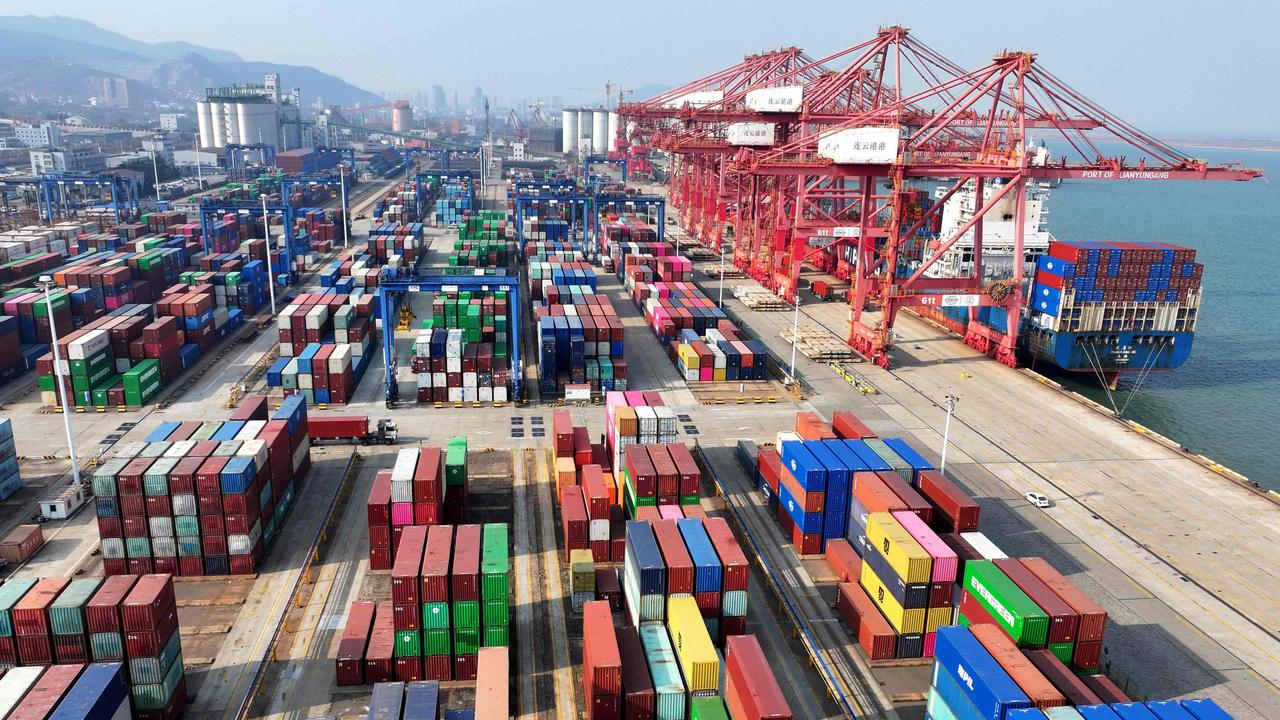Mining group wants to make explorer tax breaks a federal election issue
The Association of Mining and Exploration Companies has made its top federal election issue a scheme that delivers tax breaks to investors who punt on junior explorers.

Business
Don't miss out on the headlines from Business. Followed categories will be added to My News.
The mining lobby group that led a successful campaign for critical minerals tax credits has made its top federal election issue a scheme that delivers tax breaks to investors who punt on junior explorers.
The Association of Mining and Exploration Companies (AMEC) wants the scheme locked into the federal budget and funding to almost double to $200m over the next four years in what it believes is a modest request compared with the production tax credits touted by the Albanese government as being worth up to $17.6 billion over 14 years.
The Junior Minerals Exploration Incentive (JMEI) allows ASX-listed companies to convert tax losses into exploration credits, which are then passed on to investors as a tax offset.
The AMEC campaign comes amid growing mining industry concern about onerous environmental and native title approvals and the effect on making discoveries and converting them into mines.
AMEC chief executive Warren Peace said Australia needed to replenish end-of-life mines with new greenfield exploration discoveries.
“This is a critical investment in Australia’s future and supports mineral exploration – a long-term, high-risk activity,” he said
“And by doubling the investment, you’re doubling the benefits.
“It incentivises junior minerals exploration companies undertaking greenfields mineral exploration in Australia. Each discovery that leads to a mine creates new jobs, royalties and government revenues.”
AMEC hopes for bipartisan political support after the Coalition refused to back the 10 per cent production tax credit on downstream processing of critical minerals legislated by Labor late in 2024.
The exploration incentive was introduced by the then Turnbull government in 2017-18 to stimulate investment in finding new mineral deposits and continues to be funded on a semipermanent basis.

Big winners in the past year include uber explorer Tim Goyder’s DeVex Resources, Everest Metals, Copper Search, Caspin Resources, Dreadnought, iTech Minerals and Minerals 260, which all received $1.35m.
Between 2017-18 and 2023-24, there have been 131 successful applicants who have received a combined total of $182.2 million in credits handed out on a first-in, first served basis.
AMEC wants whichever party wins the 2025 election to move to a merit-based allocation system as well as boost funding for the scheme and make it a permanent fixture in the budget.
It has commissioned research by BDO that shows the credits have delivered $769m in GDP value over the past seven years.
The BDO report linked the tax offsets to $1.2bn in capital raisings, $404m in exploration expenditure, $391m in government revenue and $5.9bn in expected mineral production.
Most of recipients have targeted gold discoveries (36 per cent) and copper/base metals (34 per cent of recipients) while 8 per cent were on the hunt for lithium and 5 per cent searching for uranium.
Mr Pearce said the BDO report confirmed the effectiveness of a scheme that AMEC wants finetuned to become merit-based and included a stipulation that recipients make annual reports to government.
“Every dollar allocated results in more than $2 spent on exploration activity and more than $6 is raised on capital markets by companies,” he said.
BDO Economics partner Anders Magnusson said there was a clear opportunity to increase the scope of the tax offsets to boost exploration and the economic benefits.
“By increasing the total amount of credits available and allowing them to be used over a longer period, more businesses could benefit from the program,” he said
“The initiative has issued $182.2m in credits since 2017, and has stimulated $404m in greenfield exploration activity.
“It’s also expected to generate $391m in additional government revenue in present value terms, after accounting for the tax offsets. This includes increased personal income and company taxes from the resulting mining activities.”
Eligible companies must incur greenfields exploration expenditure in Australia, and the credits available to investors who participate in new capital raisings.
Some companies, including Goyder-backed lithium play Liontown Resources and nickel play Chalice Mining, have been successful in multiple years.
Liontown, now backed by Gina Rinehart and in production but grappling with the downturn the lithium market, received more than $4.3m over three years.
Core Lithium, which mothballed operations in the Northern Territory in 2024, received more than $6.3m over five years.
Originally published as Mining group wants to make explorer tax breaks a federal election issue



